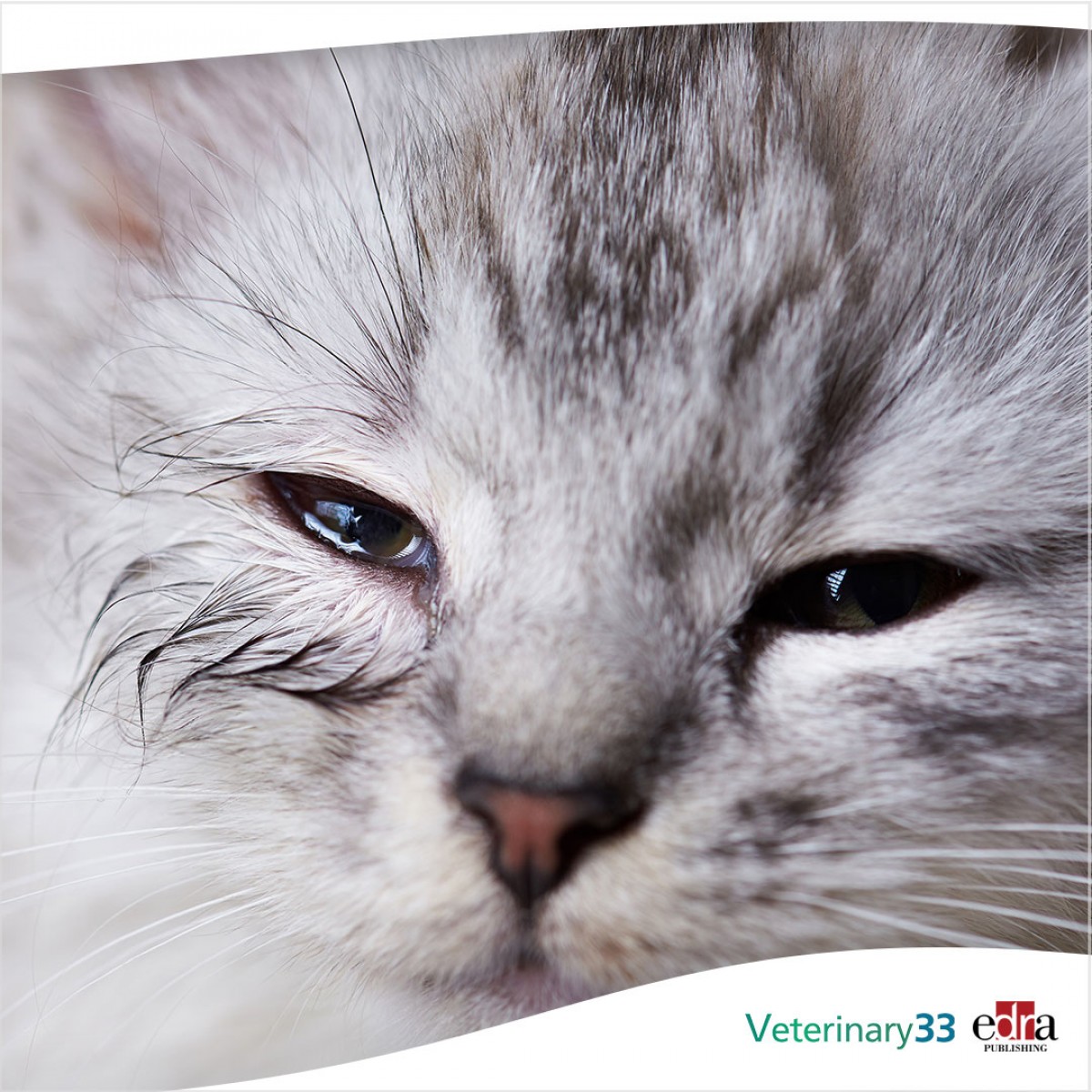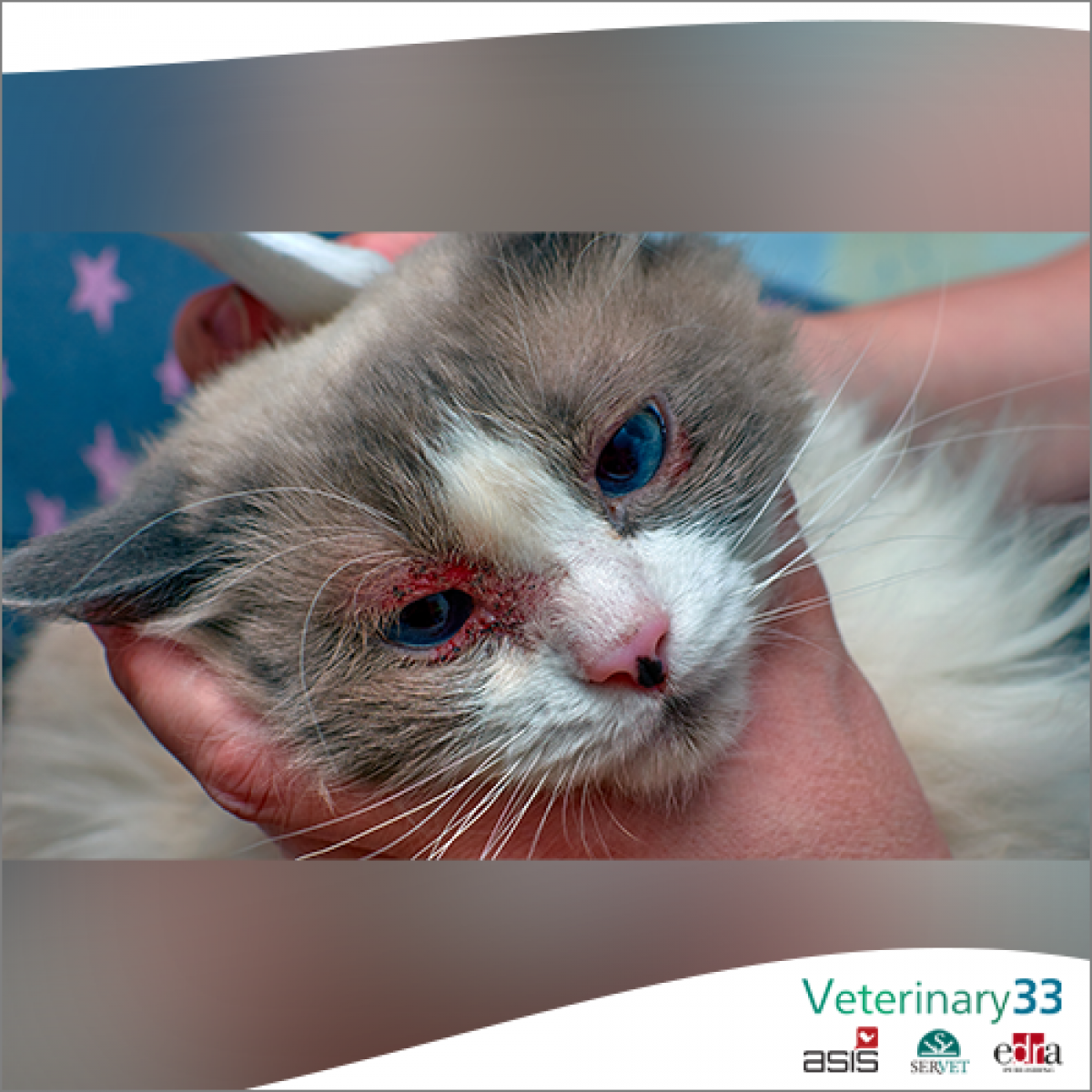Association between feline immunodeficiency virus and Leishmania infantum infections in cats: a retrospective matched case-control study
Background: Feline leishmaniosis caused by Leishmania infantum is often associated with feline immunodeficiency virus (FIV) infection; however, the role and clinical significance of this coinfection remain unknown. This study aimed to assess whether FIV is associated with L. infantum infection in cats from canine leishmaniosis endemic areas and to report the clinical signs and hematological alterations associated with coinfection.
Methods: A retrospective matched case-control study (ratio 1:2) was conducted. Data of clinical examination and complete blood count (CBC) were selected from a cohort of 705 cats examined for epidemiological studies on feline leishmaniosis conducted between 2012 and 2019. Ninety-one FIV seropositive cases and 182 FIV seronegative control cats were selected. Matching was done according to age, sex, lifestyle and geographic provenience of case cats. Rapid ELISA devices were mainly used to detect anti-FIV antibodies. Anti-Leishmania IgG antibodies were detected by indirect-immunofluorescence test (IFAT). Leishmania DNA was searched in blood, oral and conjunctival swabs by quantitative real-time PCR.
Results: Feline immunodeficiency virus seropositive cats had no hematological abnormalities suggestive of an advanced stage of FIV infection and were statistically more frequently IFAT positive, and their risk of being L. infantum antibody positive was 2.8 greater than in the FIV seronegatives. The association of FIV seropositivity with L. infantum antibody positivity was confirmed in the univariable model of logistic regression. A multivariate model found FIV infection and L. infantum PCR positivity as predictors of a positive L. infantum IFAT result. Male outdoor cats from rural or suburban areas were at risk for FIV and L. infantum antibody positivity. Clinical signs more frequently associated with the coinfection were oral lesions, pale mucous membranes and low body condition score (BCS).
Conclusions: This study documents that FIV seropositive cats with no hematological abnormalities suggestive of an advanced stage of FIV infection are more prone to be L. infantum seroreactive by IFAT in endemic areas. Therefore, FIV seropositive cats should be tested for L. infantum antibodies and treated for preventing sand fly bites. Pale mucous membranes, low BCS and oral lesions but no CBC abnormalities were significantly associated with the coinfection.
“Association between feline immunodeficiency virus and Leishmania infantum infections in cats: a retrospective matched case-control study” Vito Priolo, et al. Parasit Vectors. 2022 May 10;15(1):107. doi: 10.1186/s13071-022-05230-w.













List
Add
Please enter a comment